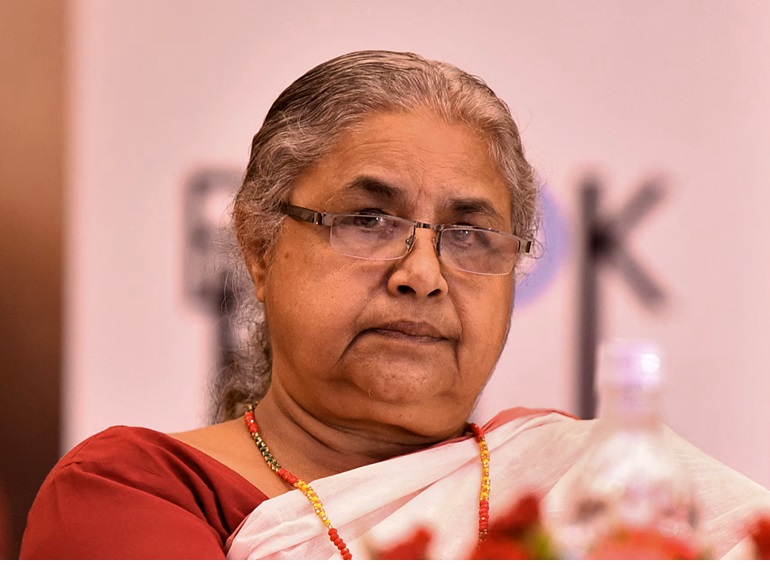By Eniola Amadu
Nepal’s President Ramchandra Paudel has dissolved parliament and scheduled fresh elections for March 5, 2026, after a week of violent unrest that left more than 50 people dead and paved the way for the country’s first female prime minister.
In a late-night statement on Friday, Paudel announced that former Chief Justice Sushila Karki would lead an interim government following the resignation of Prime Minister K.P. Sharma Oli, who stepped down under pressure from escalating anti-corruption protests spearheaded by young demonstrators.
The president said he had “dissolved the House of Representatives” and set a date for new elections.
Karki’s appointment came after two days of negotiations between the president, army chief Ashok Raj Sigdel, and protest leaders.
The protests, triggered by a controversial social media ban, quickly spread nationwide and became Nepal’s most serious upheaval in years.
Officials confirmed at least 51 deaths and more than 1,300 injuries, many caused by live ammunition.
Indian Prime Minister Narendra Modi welcomed the developments, congratulating Karki on her appointment.
“India is fully committed to the peace, progress, and prosperity of Nepal’s brothers and sisters,” Modi wrote on X.
By Saturday, daily life in Kathmandu was showing signs of recovery as shops reopened and traffic resumed. Authorities lifted many of the restrictions imposed earlier in the week, though tensions remain high as families of victims demand official recognition and compensation.
Outside the Prime Minister’s residence in Kathmandu, relatives of those killed gathered with banners and photographs of the deceased.
Many refused to claim bodies from the morgue until the government agreed to grant them “martyr” status, which carries both symbolic recognition and financial compensation.
“My brother should be declared a martyr as he died for the country, and the government should give compensation to my parents,” said Sumitra Mahat, whose 21-year-old brother was killed during the protests.
Nepal, a country of 30 million people situated between India and China, has faced persistent instability since abolishing its monarchy in 2008.
Economic stagnation and limited employment opportunities have driven millions abroad for work, while political divisions continue to unsettle domestic governance.



